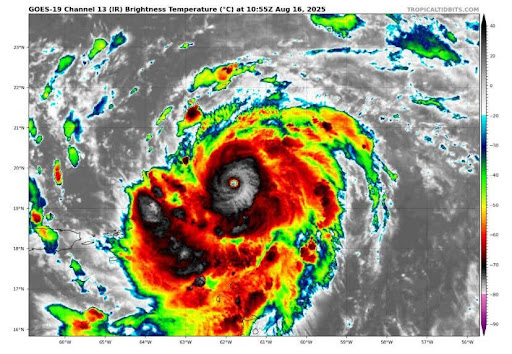The Effects of Educational Restrictions on Teachers and Students
Hallways of St. Petersburg High School.
As a wave of educational restrictions flood Florida schools from classrooms to libraries, teachers and other administrators find themselves in sticky situations. The English departments are often the most affected, teachers finding themselves with an endless list of banned content.
“There’s sort of a soft ban on most texts,” Mr. Benton, English Department Chair, said during an interview regarding the teacher’s perspective of the restrictions. “Most literature that is read at the high school level inherently contains controversy.”
Now that “controversy” can be defined as anything a parent finds contentious, finding engrossing and advanced literature without intentional conflict has become an issue. The best literary works frequently revolve around topics of gender, race, and general identity. What effects would Toni Morrison’s work have without topics of race? How much less compelling would Shakespeare’s plays be without strong notes on gender roles?
Mrs. Scussel notes that instead of creating legislation to restrict valuable educational resources, following the already existing Class Size Reduction Amendment would actually benefit students and staff.
Mr. Benton says an upside of the restrictions could be giving teachers the opportunity to closely examine reading material, “any teacher should be able to answer the question ‘what educational value does this have?’”
To prepare for the restrictions, some teachers have backup books available in case controversy should arise. AICE, AP, and IB level courses now have a clause regarding content restrictions: “This course is an AICE, AP, or IB course with nationally/internationally defined standards… as such materials and discussions for this course may reflect topics not typically included in PCSB courses… content and materials used in this course are not able to be modified to accommodate variations in student age and/or maturity.”
Though reading complex literature at a mature age is important, it’s equally important not to enter a 1984-esque era of the same poky stories. Literature offers a deep understanding of culture and the human experience that students may otherwise not receive. A broad range of literature being available to diverse groups of students is fundamental for development and part of a school’s obligation to provide their students with such.











